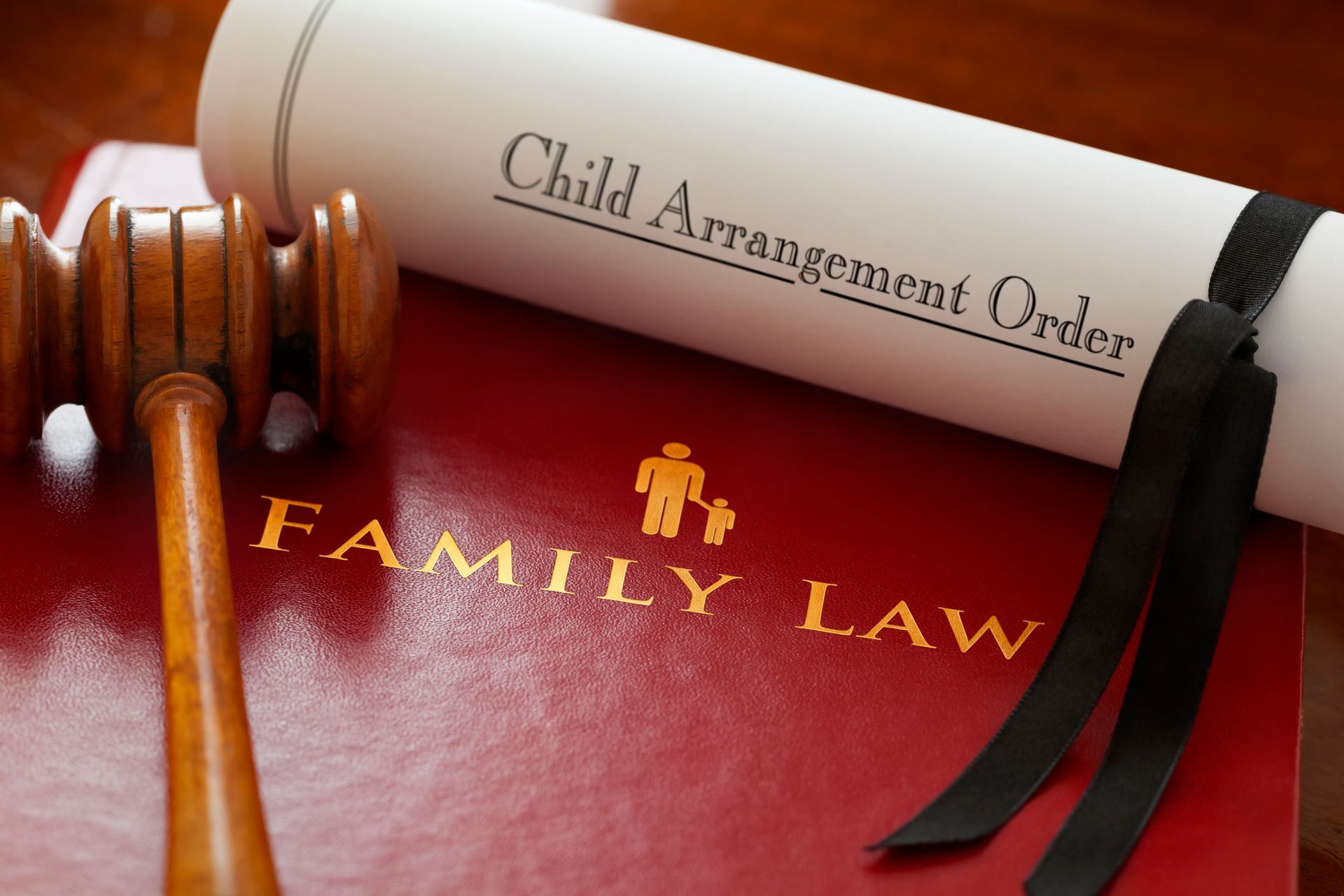Divorce in Idaho: A Basic Guide

Have you considered divorcing your spouse? No matter the reason you want to end your marriage, divorce might be the best way forward. If so, discover what you need to know about Idaho divorce with this basic guide.
What Types of Divorce Are Possible in Idaho?
While divorce might seem the same to many, divorce can vary based on your reasons for divorcing. In Idaho, people can file for either an at-fault or no-fault divorce.
A no-fault divorce is any marriage that ends for irreconcilable differences or lack of compatibility. This is often the most common type of divorce and only varies with the number of elements that a divorcing couple needs to work out, such as child custody or division of assets. With divorces where everything is easily settled, you can divorce within a short amount of time.
An at-fault divorce is a marriage that ends with one spouse being at fault for specific reasons. These reasons might include anything from adultery to a felony conviction. To receive an at-fault divorce, the spouse often has to prove the reason for divorce, but they may be entitled to higher spousal support or marital asset amounts if they prove the other spouse is at fault.
How Does Idaho Handle Division of Assets?
Asset division usually depends on whether your state is a community property or an equitable division state. Idaho is a community property state, which means that you and your spouse will usually get a 50/50 share of all marital property. The marital property is almost anything you acquired during the marriage, including homes, cars, income, and debt.
However, not everything is applicable. If you owned property before your marriage, gifts you individually received from anyone, inherited property during your marriage, or put together a prenuptial agreement that outlined what each spouse would receive in a divorce, the usual laws will not usually apply.
Division of assets is usually left to the spouses to decide on, but if they can’t agree on how to divide the assets equally, a judge will decide for the couple.
What If You Have Children From Your Marriage?
Child custody is a major factor for many divorcing couples. In Idaho, divorcing parents have a variety of child custody arrangements they can potentially undertake.
Legal and physical custody are the basic types of custody. Physical custody is where a parent provides a home for the child and has a significant amount of time where the child will be with them. Legal custody is the legal ability to make decisions for their children.
Both of these custody types can be joint or split. If joint physical custody, the child often spends equal amounts of time with each parent. With joint legal custody, each parent must consult the other before making big decisions for the child.
How does child custody get settled? Often, parents come up with a parenting plan that a judge may need to approve. However, if parents can’t agree on custody arrangements, a judge will decide for them.
Can You Seek Spousal Support (sometimes called Alimony)?
When a couple divorces, one spouse might need monetary support from the other. This is often the case when a spouse did not have a job during the marriage or earned far less than the other spouse.
However, the amount of spousal support a spouse receives while or after the marriage ends depends on various factors and circumstances.
Sometimes, during or after the divorce proceedings, one spouse might not be able to maintain a certain standard of living. In that case, that spouse might earn temporary spousal support. This might end when the divorce is final or if the spousal support type changes.
Additionally, spousal support might be based on the spouse’s plans to undergo education or training that will enable them to support themselves. This type of spousal support is called rehabilitative or short-term support, and it will often only last for a certain amount of time.
If a spouse is unable to work due to age or a specific condition, then this might call for long-term or permanent spousal support. While this spousal support might last the spouse’s lifetime, it also can stop if the spouse marries again or if the marriage only lasted a set number of years.
The judge may look at factors like the incomes of each spouse, the health status of the spouse needing spousal support, the length of the marriage, and the contributions of each spouse to the marriage to determine the right type and amount of spousal support.
Do You Want to Learn More?
If you want to learn more about the divorce process in Idaho, turn to the attorney and staff at Hart Law Offices, P.C. We can help you understand what you should expect and need to do. Contact us today so we can discuss your legal situation.


















